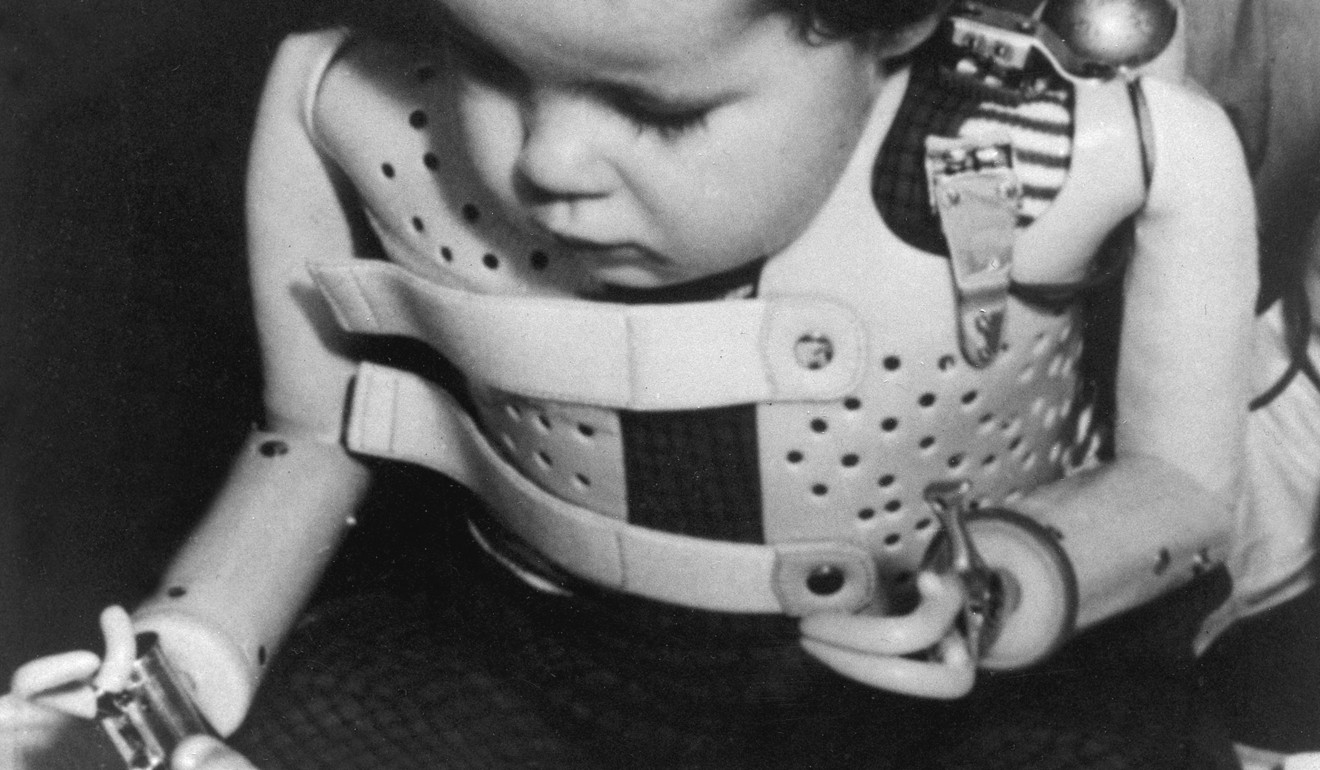
France launches investigation after abnormal rates of baby hand and arm deformations
- Abnormal rates of deformations were detected in certain parts of the country
- Some environmentalists have claimed pesticides could be to blame, but no scientific evidence at this point backs up the claim
France has launched a nationwide inquiry into incidents of babies being born with either missing or malformed hands or arms after abnormal rates of deformations were detected in several regions of the country, a top public health official said on Wednesday.
Francois Bourdillon, head of the Public Health France agency, told RTL radio that the investigation was “underway” and the results would be known “in about three months”.
“Nothing is being hidden from you,” he assured listeners.
Confidence in the state’s handling of the issue took a blow on Monday night when health authorities reported an additional 11 cases in the Ain area near the Swiss border between 2000 and 2014 which had not previously been made public.
A relatively small number of cases have been detected so far – about 25 over the past 15 years in Brittany, Loire-Atlantique and Ain – but the defects have caused public alarm and been widely reported by the French media.
Officials had already said the number of cases in Brittany and the Loire-Atlantique areas, on France’s west coast, were statistically “excessive” and Health Minister Agnes Buzyn had vowed to investigate further.
“I want to know, I think all of France wants to know,” Health Minister Agnes Buzyn told BFM TV on Tuesday. “We don’t want to exclude anything … It’s maybe something environmental, it’s maybe what [pregnant mothers] ate, it’s perhaps what they breathed in.”

So far, no explanation has been found for the deformations despite tests on the mothers to see if they were exposed to common substances.
Some environmentalists have claimed pesticides could be to blame, but there is no scientific evidence at this point to back up the claims.
I want to know, I think all of France wants to know
The defects could also be genetic.
An initial inquiry in early October found the incidence of limb defects in western France to be no greater than in other parts of the country, but now a wider probe has been opened.
The investigation will be run jointly by the health agency and the sanitation, food and environment agency, Buzyn said. Investigators will have to “go back to the mothers and try to understand what these families have in common”.
“It is very complicated, we need to investigate the history of families in cases which sometimes date back 10 years or more,” she said.
In the 1950s and 1960s, thousands of babies around the world were born with missing or stunted limbs linked to the use of the drug thalidomide, which was used to treat nausea in pregnant women. It was banned in the 1960s.

The incidents of babies born without arms was brought to public attention by a scientist at the Remera public health body, which was created after the thalidomide scandal and is responsible for tracking birth defects.
The scientist, Emmanuelle Amar, has been hailed as a whistle-blower by ecologists and campaigners, but has been attacked for scare-mongering by others, including fellow scientists.
Additional reporting by Reuters

.png?itok=arIb17P0)